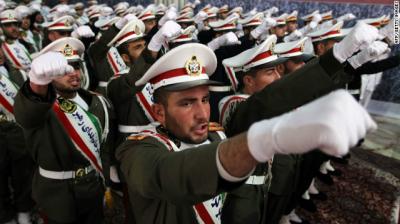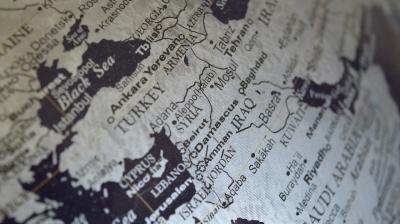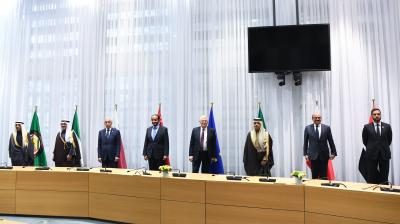Death of the Deal: Why Tensions Will Rise With Iran
This commentary has previously been published by National Interest.
At the end of June, Doha hosted the latest round of negotiations to revive the nuclear deal between the European Union (EU), United States, and Iran. The parties went home with widely different assessments of the event. After two days of talks, EU foreign policy chief Joseph Borrell warned of the risk of “not crossing the finish line” after a year of negotiation. U.S. special envoy for Iran Robert Malley went as far as saying that the talks amounted to “a wasted occasion.” Iran, however, was much more positive. Foreign Minister Hossein Amirabdollahian also underlined that Iran is “determined to continue negotiating until a realistic agreement is reached.”
The parties’ contrasting “Doha experiences” result from how they perceive the broader geopolitical environment in which the nuclear deal negotiations are taking place, their own domestic constraints, and the extent to which they perceive the sum of both variables to create scope for “upping the game.”
Close study of arguments and statements by the parties over the past few weeks, especially after the Doha talks, gives rise to the hypothesis that Iranian leaders see themselves as having the upper hand because the West needs a deal more than Tehran. Hence, Iran feels enabled to ask for concessions beyond the original version of the nuclear deal.
Read full commentary.
Follow @ErwinVeen, @HamidRezaAz & @Clingendaelorg on Twitter.









